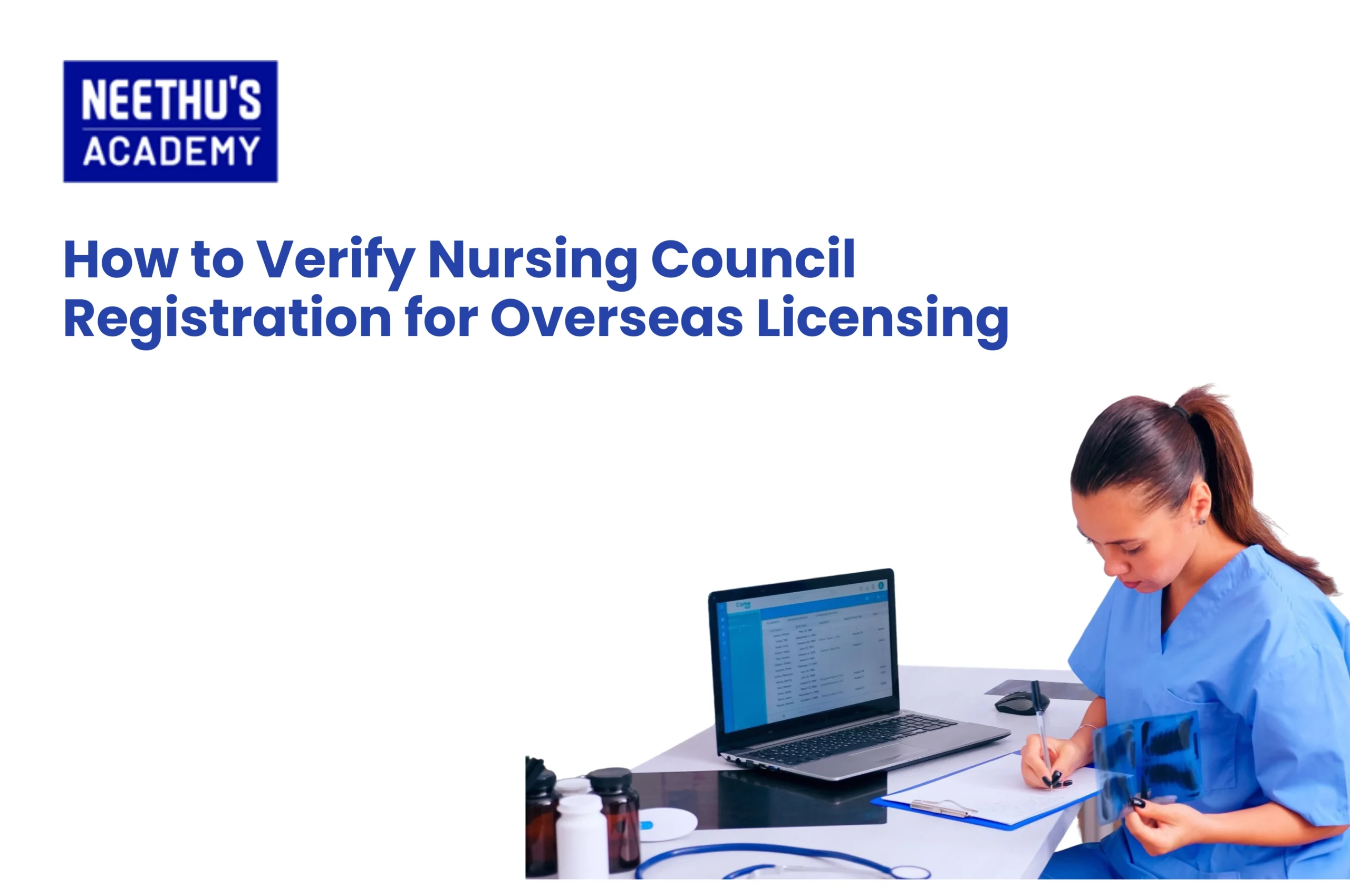
The writing sub-test is one of the important components of the occupational English test. For healthcare providers, a good performance of the…

For nurses who aspire to work overseas, language is not merely communication—it’s the doorway to professional advancement. Hospitals, regulatory authorities, and immigration agencies worldwide demand proof of language proficiency in order to provide safe patient care. Two of the most sought-after choices for medical professionals include OET (Occupational English Test) and German B2 language proficiency. But in terms of German vs OET for nurses, which pathway brings more opportunities? Let’s break it down so you can make an informed decision.
The OET (Occupational English Test) is specifically tailored for healthcare professionals, including nurses. It tests four skills—reading, writing, listening, and speaking—but all in a medical scenario. For instance, the writing task typically requires students to prepare a nursing referral letter, while speaking involves role-plays between a nurse and patient.
If your goal is OET for nursing abroad, especially in English-speaking countries, this is the ideal choice.
The German B2 exam is a general language test that measures proficiency at the B2 level of the CEFR (Common European Framework of Reference for Languages). Unlike OET, it is not healthcare-specific but tests general communication skills in German.
For nurses aiming at Europe’s robust health care system, the German B2 is a stepping stone.
One of the biggest differences between German B2 and OET is where each are accepted.
Short and simple, OET is your passage to English-speaking nations, while German B2 is your gateway to German-speaking countries.
When looking at German vs OET for nurses, the difficulty of the exams is most important.
So, if you already know English, OET could be simpler, but for opting for a long-term European career, German B2 is the effort worth taking.
Both tests open up highly rewarding career prospects, but the destinations vary.
Whether you should opt for OET abroad for nurses or German B2 for nurses is determined by whether your future is in an English-speaking country or in Europe.
Where German or OET for nurses is concerned, the choice depends on your destination in the nursing career.
Opt for OET if you aspire to practice in the UK, Australia, New Zealand, or Middle East, whose healthcare systems emphasize English-language proficiency.
Opt for German B2 if you would like to become established in Germany or other German-speaking states, where the need for nurses is great and prospects for extended residence are good.
Both options are great—but the best choice for you depends on your career objectives, linguistic potential, and long-term plans.
No, UK hospitals need OET or IELTS for nurses.
OET is easier if you already speak English, but German takes more time.
It normally takes 8–12 months of steady study.
Yes, but needs to be done with good time management and defined career objectives

The writing sub-test is one of the important components of the occupational English test. For healthcare providers, a good performance of the…

The OET Reading section assesses whether or not a candidate can comprehend and evaluate healthcare-related texts. This is why OET Reading Part…

All conversations with patients or caregivers in healthcare should be clear, empathetic, and professional. The role-play scenarios in the OET Speaking Sub-Test…



WhatsApp us